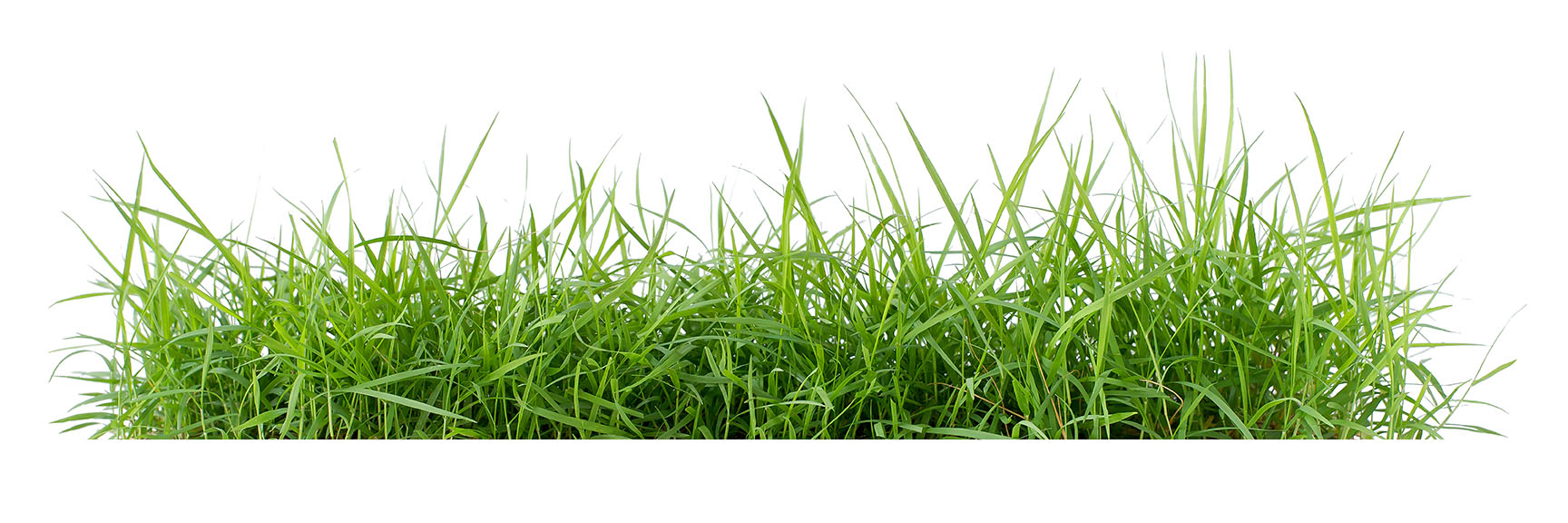

The grass is a type of plant that has long, thin blades that grow close to the ground. It is found all over the world, in many different habitats. Grasses are very important plants. They provide food for animals, and they help to prevent soil erosion.
Grasses have a special kind of root system that helps them to grow in even the poorest soils. Their roots are very long and thin, and they spread out widely. This helps the grass to get the water and nutrients that it needs, even in dry conditions.
Grasses also have a special way of reproducing. They produce seeds that are very small and light. These seeds can be easily blown by the wind, and they can travel long distances. This helps grasses to spread to new areas.
The field was covered in lush green grass.

Noun: grass.
Adjective: grassy.
Verb: to grass.
Synonym: turf, lawn, pasture.
The word "grass" comes from the Old English word "græs", which means "green plant". The Old English word is thought to be derived from the Proto-Germanic word "grasa", which also means "green plant".
How does grass reproduce?
Address
Developing Experts Limited
Exchange Street Buildings
35-37 Exchange Street
Norwich
NR2 1DP
UK
Phone
01603 273515
Email
hello@developingexperts.com
Copyright 2025 Developing Experts, All rights reserved.